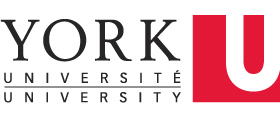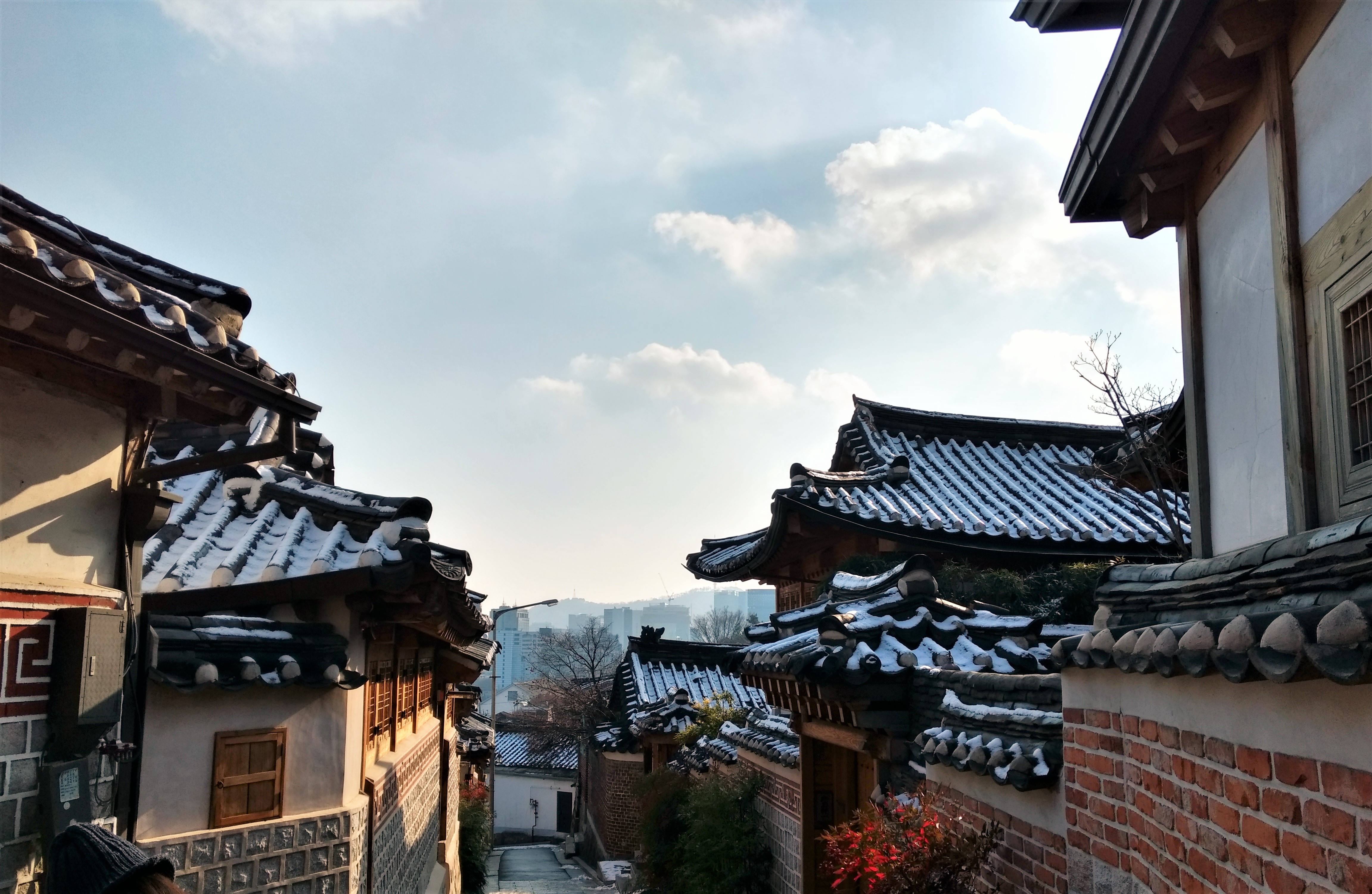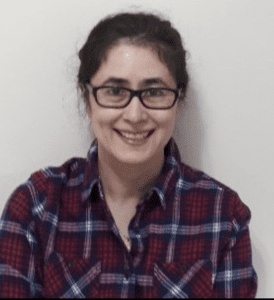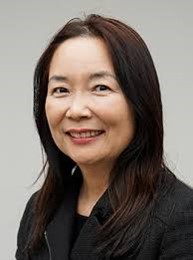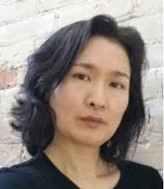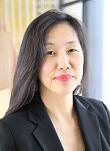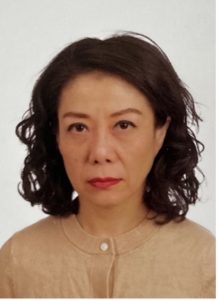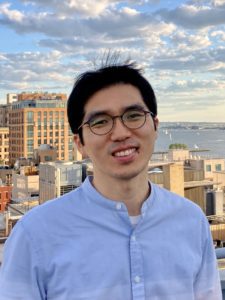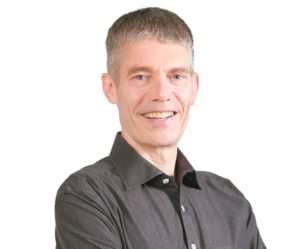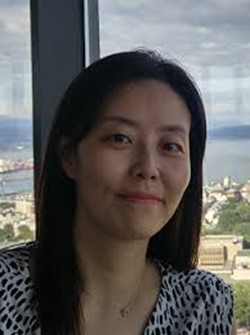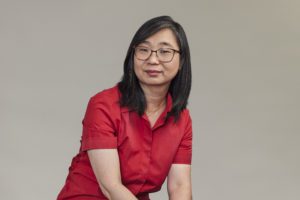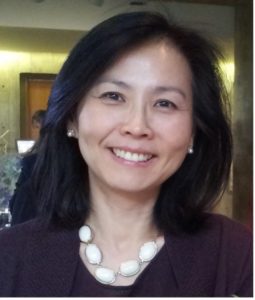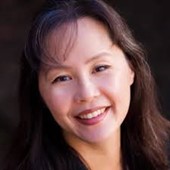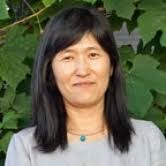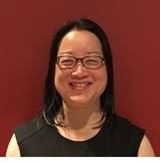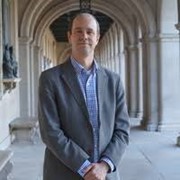KORE Members
Associate Members
|
|
Michelle Cho is a Korea Foundation Assistant Professor in the Department of East Asian Studies at University of Toronto. She is completing a book entitled The Disenchantment of the Global: Post-millennial South Korean Cinema, which analyzes the form and function of South Korean genre cinemas in the "Sunshine Policy" decade to ask what the anachronism of cold war signifiers amidst post-cold war migrant flows and political realignments can tell us about media, history and geopolitics. Her current research pursues the relationship between popular culture and populism in South Korea as well as the construction of identity in South Korean media’s popular representation of diasporic subject. |
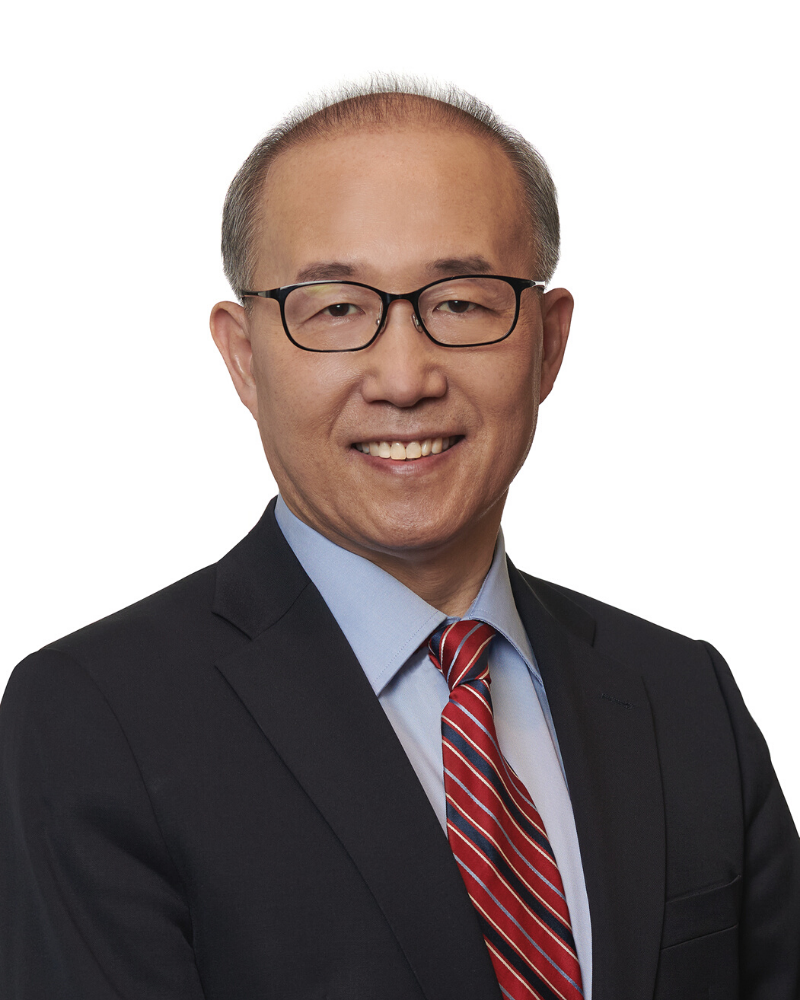 |
Sonny Cho is Senior Fellow at Global Public Affairs and President and CEO of the Canada Korea Business Council. At Global, he advises international clients on how to incorporate a winning public affairs strategy when expanding their business, including the important step of achieving broader engagement with community and public-sector stakeholders. At CKBC, he promotes Canada’s business, trade, and investment attraction with South Korea. |
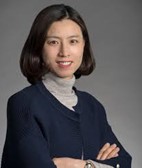 |
Yujeong Choi is Assistant Professor of East Asian Studies at the University of Toronto. In 2012, she received her PhD degree in Linguistics from the University of Texas at Arlington. Her research interests include applied linguistics, Korean pedagogy and Korean linguistics. She currently teaches Korean language courses. Her research interest is literacy education. |
|
|
Hae Yeon Choo is Assistant Professor of Sociology and Affiliated Faculty of the Asian Institute and the Women and Gender Studies Institute at the University of Toronto. Choo’s research centres on gender, transnational migration and citizenship to examine global social inequality. Her first book, Decentering Citizenship: Gender, Labor, and Migrant Rights in South Korea (Stanford University Press 2016) reveals citizenship as a language of social and personal transformation within the pursuit of dignity, security and mobility. She was a member of the Institute for Advanced Study, School of Social Science, in Princeton in 2018–2019, working on her project on the politics of land ownership in South Korea. |
|
|
Angie Y. Chung is Professor in the Department of Sociology at the State University of New York at Albany. She is author of Saving Face: The Emotional Costs of the Asian Immigrant Family Myth (Rutgers University Press 2016) and Legacies of Struggle: Conflict and Cooperation in Korean American Politics (Stanford University Press 2007). She was lead on a National Science Foundation-funded project on immigrant redevelopment politics in Koreatown and Monterey Park and a preliminary study on East Asian international students. She has published on the topics of ethnic politics, interethnic coalitions, immigrant families, ethnic enclaves and second generation. |
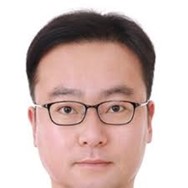 |
Daehee Kim is Associate Professor in Korean Language Education at Wonkwang University, South Korea. His research interests include media literacy, Korean heritage language education, Korean language education pedagogy, and language ideologies. He has published a wide range of journal articles and published translated books from English to Korea. |
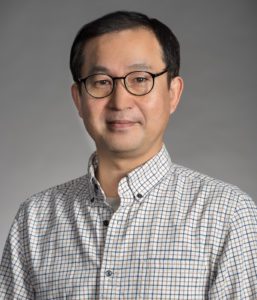 |
Kyoungrok Ko is Associate Professor at the University of Toronto. He teaches Korean language courses in the Department of East Asian Studies. He is a former board member of the American Association of Teachers of Korean and a recipient of the 2016 University of Toronto Faculty of Arts and Science Dean’s Outstanding Teaching Award. His scholarly interests include: Korean pedagogy, foreign/second language writing pedagogy, and integration of technology in language education. |
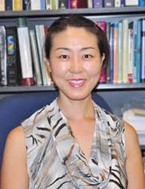 |
Min-Jung Kwak is Assistant Professor in the Department of Geography and Environmental Studies at Saint Mary’s University, Halifax. She is an economic and social geographer with broad research interests in immigration and settlement studies. Focusing on Korean-Canadian experiences in major Canadian cities, she has conducted research in international education industry, immigrant entrepreneurship, and transnational migrant family experiences. More recently, her research focuses on accessibility and transnational dimension of immigrant healthcare services. |
|
|
Yoonkyung Lee is Associate Professor in Sociology at the University of Toronto. She is a political sociologist specializing in labour politics, social movements, political representation, and the political economy of neoliberalism with a regional focus on East Asia. She was a Korea Foundation Endowed Chair of Korean Studies (2016–2021). She is the author of Militants or Partisans: Labor Unions and Democratic Politics in Korea and Taiwan (Stanford University Press 2011) and numerous journal articles that have appeared in Globalizations, Studies in Comparative International Development, Asian Survey, Journal of Contemporary Asia, Critical Asian Studies, Global Asia, and Korea Observer. |
|
|
Adrienne Lo is a linguistic anthropologist. She is Associate Professor at the University of Waterloo and the co-editor of Beyond Yellow English: Toward a Linguistic Anthropology of Asian Pacific America (Oxford 2009) and South Korea’s Education Exodus: The Life and Times of Study Abroad. (Center for Korean Studies, University of Washington 2014). She worked on a collaborative research project (funded by the Spencer Foundation) investigating the internationalization of the undergraduate student body at the University of Illinois at Urbana-Champaign. Her current research examines ideologies of multilingualism in the South Korean popular media and the history of the racialization of Asian American linguistic competencies. |
|
|
Daniel Pieper received his PhD in Asian Studies in 2017 from the University of British Columbia, and an MA in East Asian studies from Washington University. His PhD examined the emergence of language education as a discrete element in the modern school, the textual differentiation process of cosmopolitan Hanmun and vernacular Korean, and the role of language ideology in directing language standardization and informing the larger paradigm of linguistic modernity in pre-colonial and colonial-era Korea. |
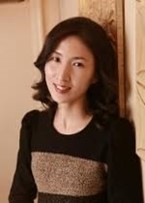 |
Hyunjung Shin is Assistant Professor in the Department of Curriculum Studies at the University of Saskatchewan. She received her PhD in Second Language Education from the University of Toronto. She has been a visiting scholar at the Institute of Cross-Cultural Studies, Department of Anthropology at Seoul National University. Her research interests include globalization, transnationalism and language education focusing on Korean diaspora in Canada, and identity and English language education for Korean/Korean-Canadian students and families in Canada. |
Graduate Students
 |
Camilo Rodriguez is a Colombian-Canadian filmmaker with over 12 years of experience in video editing, directing, and writing. His work often explores the lives of ill-fated characters typically overlooked in mainstream narratives, seeking to find the extraordinary in unusual places. This approach frequently leads him into the realm of magical realism. |
 |
|
 |
Rachel Thorn is a master's student in Social Anthropology at York University. She holds an Honours Bachelor of Arts in Women and Gender Studies and Diaspora and Transnational Studies from the University of Toronto. Her research investigates the significance of the parasocial relationship between K-pop idols and fans, focusing on the implication of Korean social forms of care within and beyond Korea in global spaces related to the fan-idol bond. Her work also focuses on K-pop's shift from a local to global object as a product of globalization. Her research interests include fandom communication through live and online mediums, parasocial interactions, and the creation and maintenance of communities that centre around interests that society broadly deems 'weird' or 'non-conventional.' |
 |
Seulsam Lee (이슬샘) is a doctoral student in Sociology at York University. She earned a Specialized Honours B.A. degree in Sociology from Chung-Ang University in Seoul, South Korea, and a Master’s degree in Sociology from York University. Her previous research focused on migrant women’s experiences of precarious work and precarious immigration status in both South Korea and Canada, particularly in the context of the #MeToo Movement. Her current research examines the dynamics of temporary labour migration programs in Canada, specifically the “Working Holiday” program. She explores how the experiences of South Korean and Japanese youths relate to conventional notions of mobility/migration, freedom/precarity, and work/travel, and how these experiences are shaped by global capitalism and social inequalities. She primarily draws from the political economy of international migration, feminist theories, and qualitative methods. Beyond academia, she has participated in various labour, feminist, and im/migrant rights movements in South Korea and Canada. Currently, she is a member of the Women Migrants Human Rights Center of Korea (한국이주여성인권센터) and the Toronto Korean Feminist Collective WIND. |
